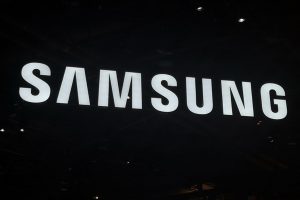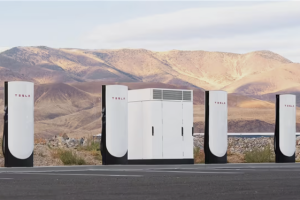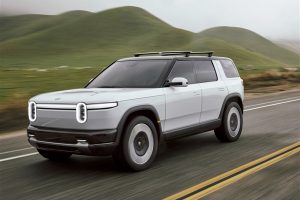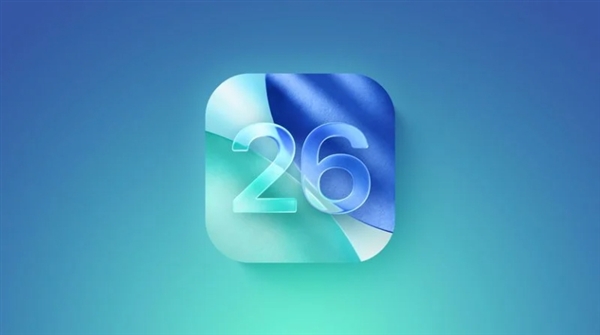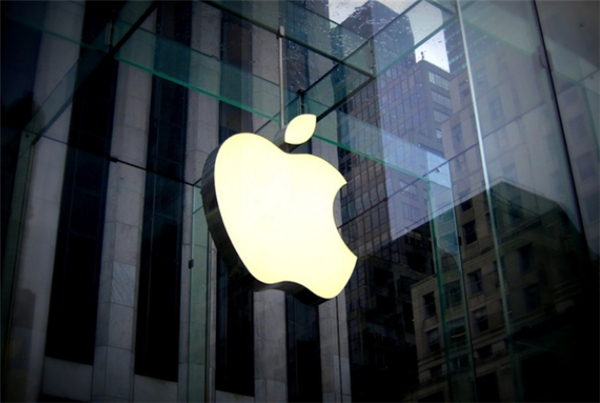February 21, 2025 – Mercedes-Benz is currently conducting road tests for its solid-state battery technology, which is expected to achieve a range exceeding 600 miles (approximately 965.61 kilometers).
The automaker has partnered with U.S.-based Factorial Energy to advance this novel battery technology, promising improvements in range, charging speed, and overall efficiency. Last summer, Factorial delivered its first solid-state battery cells developed using its proprietary Factorial Electrolyte System Technology (FEST).
Since then, Mercedes and Factorial have continued their collaboration, introducing the more advanced Solstice all-solid-state battery in September. This battery, designed with a sulfide-based solid electrolyte, offers enhanced safety and efficiency.
According to Factorial, the Solstice battery boasts a “breakthrough” energy density of 450 Wh/kg, which is anticipated to increase electric vehicle (EV) range by up to 80% compared to existing lithium-ion batteries.
As reported by Autocar on the 20th, Mercedes-Benz is now testing EVs equipped with solid-state battery technology on UK roads, using EQS prototypes fitted with the new batteries.

Although specific technical specifications have not been released, Mercedes states that the EQS’s 12-module battery housing design provides sufficient flexibility to accommodate various configurations.
The automaker predicts that this new battery will enhance EV range by approximately 25%. The current EQS 450+ model has a maximum range of 511 miles (about 822.38 kilometers) under WLTP conditions, suggesting that the experimental vehicle could potentially exceed 620 miles (roughly 997.79 kilometers).
Factorial aims to achieve an EV range of over 600 miles by reducing battery weight by 40%. The company notes that the Solstice battery is 33% smaller and weighs only 580 pounds compared to a standard 90 kWh battery.
Markus Shafer, Chief Technology Officer of Mercedes-Benz, believes that the new Solstice battery will set new industry standards in terms of range, cost, and performance. The company anticipates that solid-state batteries will be mass-produced by 2030.



